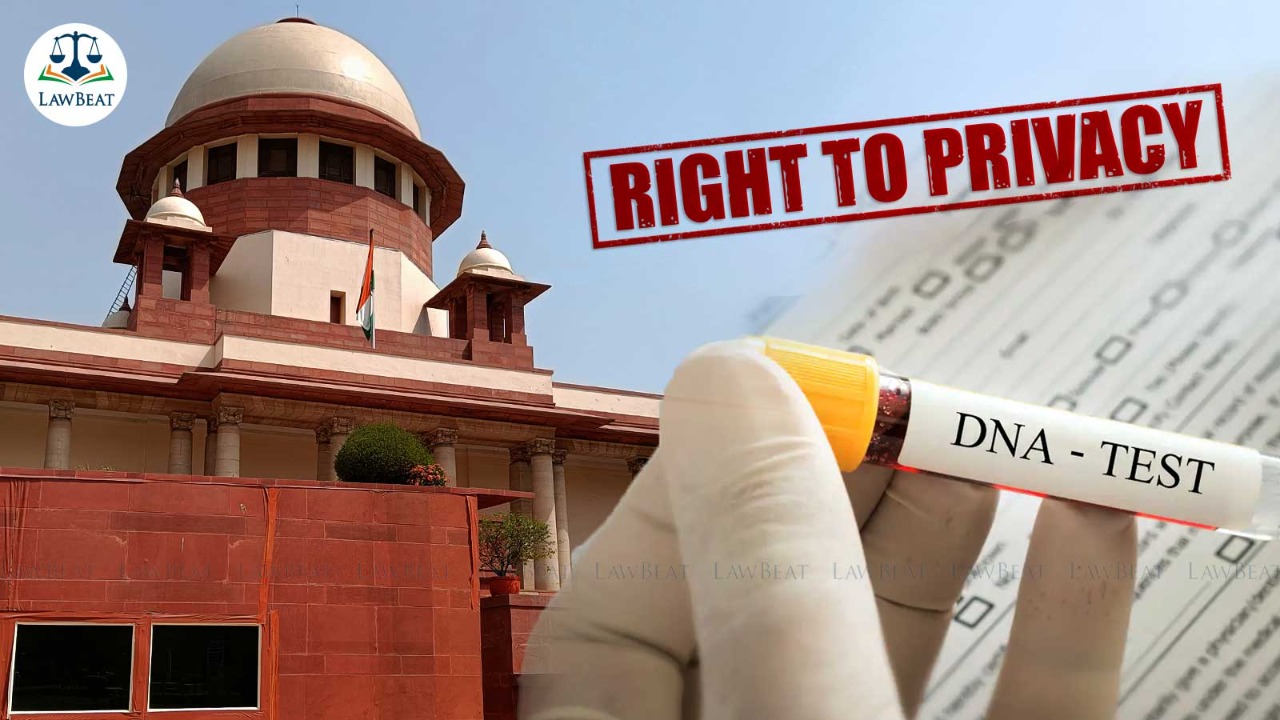DNA Tests encompass Right to Privacy, cannot be performed as a matter of course: Supreme Court

Supreme Court was hearing a case in which a woman had alleged that she was forced into a physical relationship with her brother-in-law which borne two children. A DNA test was ordered by the Trial Court in cruelty cases registered against the husband & brother in-law and was subsequently reversed by Top Court
Commenting on its intrusive nature, the Supreme Court recently held that merely because DNA testing is permissible under the law, it cannot be directed as a matter of course to be performed, particularly when a direction to that effect would be invasive to the physical autonomy of a person.
A bench of Justices Aniruddha Bose and Vikram Nath has observed that the consequence of DNA testing is not confined to the question as to whether such an order would result in testimonial compulsion, but also encompasses right to privacy as well.
With this view, Top Court set aside the direction of a trial court which ordered DNA testing of two girls who were alleged to be born out of a forced physical relationship between a complainant woman and her brother-in-law.
In the case before Court, a woman had filed an FIR pertaining to offences under Sections 498A, 323, 354, 506 and 509 of Indian Penal Code, 1860 (IPC) against her husband and her brother-in-law (husbands' brother).
While the case was being heard by the trial court, an application under section 45 of the Indian Evidence Act, 1872 was filed with a prayer for obtaining expert opinion for DNA fingerprint test comparing blood samples of two minor daughters of the complainant woman with that of her brother-in-law, alleging that she was forced to cohabit and develop a physical relationship with him and the two children were born out of that relationship.
This application was allowed by the Trial Court. An appeal before the High Court, challenging said order, came to be dismissed on the ground that DNA fingerprint test was permitted as per law.
In appeal, the Supreme Court set aside the order for DNA testing, observing that paternity of the children of the complainant were not directly related to the allegations, out of which the present appeal arose.
Supreme Court Court held that such direction would violate the privacy right of the persons subjected to such tests and could be prejudicial to the future of the two children who were also sought to be brought within the ambit of the trial courts direction.
Case Title: INAYATH ALI & ANR. vs. STATE OF TELANGANA & ANR.
